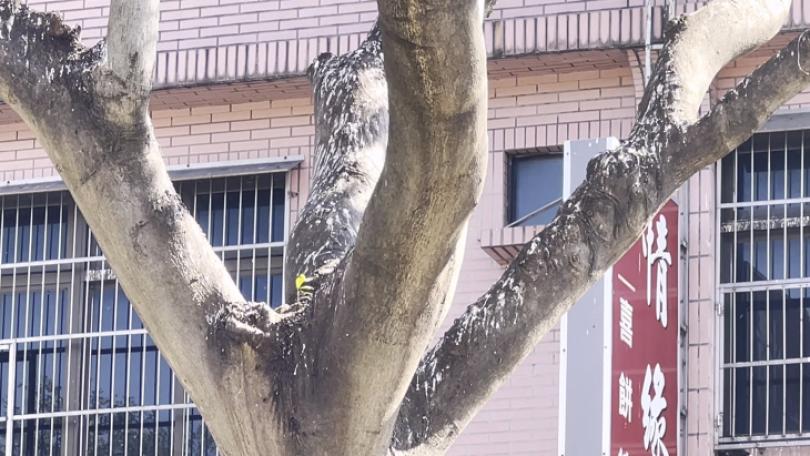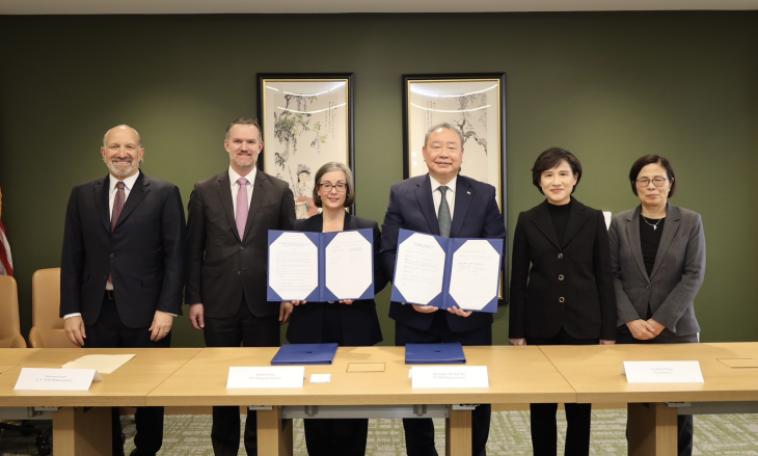Civil Groups Urge "Long-Term Care Leaves" into Law|因照顧離職國人多 民團推"長照安排假"入法

發布時間:
更新時間:
The Ministry of Labor has estimated that there are 133,000 labors leaving their job to take care of sick family members annually. Civil groups recently has made an effort to get the "Long-Term Care Leaves" into the legislation. The first 30 days will be paid-leaves with the following 150 days of flexible leaves. Furthermore, the groups has suggested to increase the "labor insurance" by 1 percent to compensate for 60 percent of the paid-leaves subsidy.
Caretakers are pushing the wheelchairs in and out of the hospitals, many of whom are current labors on leaves. Some people are like Mr. Tsai, who is the only child in the family, has to quit his job in order to take care of sick parents.
There are a lot of situations involved in a dementia patient, I had to switch from a full-time job to a part-time job. In the end, I had to quit.
Mr. Tsai is losing a monthly pay of NT$30,000 dollars after quitting his job and his retirement plan is forced to stop. Civil groups hope Taiwan can follow Japan's "93 days of Caretaking Leaves" and are actively fighting for "Long-Term Care Leaves" to be incorporated into the Gender Equality in Employment Act. The first 30 days are paid-leaves with the following 150 days of flexible leaves. The groups have also suggested to increase the labor insurance by 1 percent to compensate for 60 percent of the paid-leaves subsidy or use the annual NT$5 billion dollars in Employment Stability Fund to pay for the subsidy.
The caretaker is usually a female. We are hoping we can offer her another choice, which is she can choose to request for family care leaves, therefore not leaving the work force. As for the employers, they can keep the senior labors, this way it's a win-win situation for both sides.
The Minister of Labor Hsu Ming-Chun had promised to invite the labor and the management for a discussion in June when he was questioned in the Legislative Yuan. The Department of Labor Standards and Equal Employment had not agree nor disagree to this promise, it only stressed the labors, if in need, can request for "family care leaves" or use "personal leaves" and "special leaves" according to the law.
推著輪椅、在醫院進出的照顧者,不少人都是請假的「在職勞工」,甚至有人就像蔡先生一樣,是家中的獨子,為了照顧生病的雙親,最後只好選擇離職。
照顧者 蔡先生表示:「失智會發生很多狀況,無可奈何的情況下,(工作全職)變成兼職,然後兼職到最後,變成只好離職這樣子。」
蔡先生在離職的當下,除了損失每月三萬多元的月薪,退休金提撥也被迫中斷。民間團體期待台灣,也能仿效日本實施的「93天顧老假」,近期積極爭取「長照安排假」,納入我國的性別工作平等法,前30天是有薪假,後面150天可以彈性請假,並建議提高「就業保險」1%的費率,來支應有薪假的六成津貼,或是利用每年50億元的就業安定基金來支應。
婦女新知基金會董事 莊喬汝表示:「而這個照顧者,大部分是由女性來承擔,我們會希望說,我們今天可以提供她,另外一個選擇,這個選擇是,她有家庭照顧安排假的選擇,她可以選擇我不要離開職場,那對雇主來講,其實可以把資深勞動力留在職場,對雇主來講,也是一個可以勞雇雙贏的事情。」
勞動部長許銘春日前在立院備詢時,承諾6月會邀集勞資雙方討論。勞動部條件司未鬆口同意或反對,強調勞工若有照顧需求,可依法請「家庭照顧假」,或是運用「事假」、「特休」來處理。










